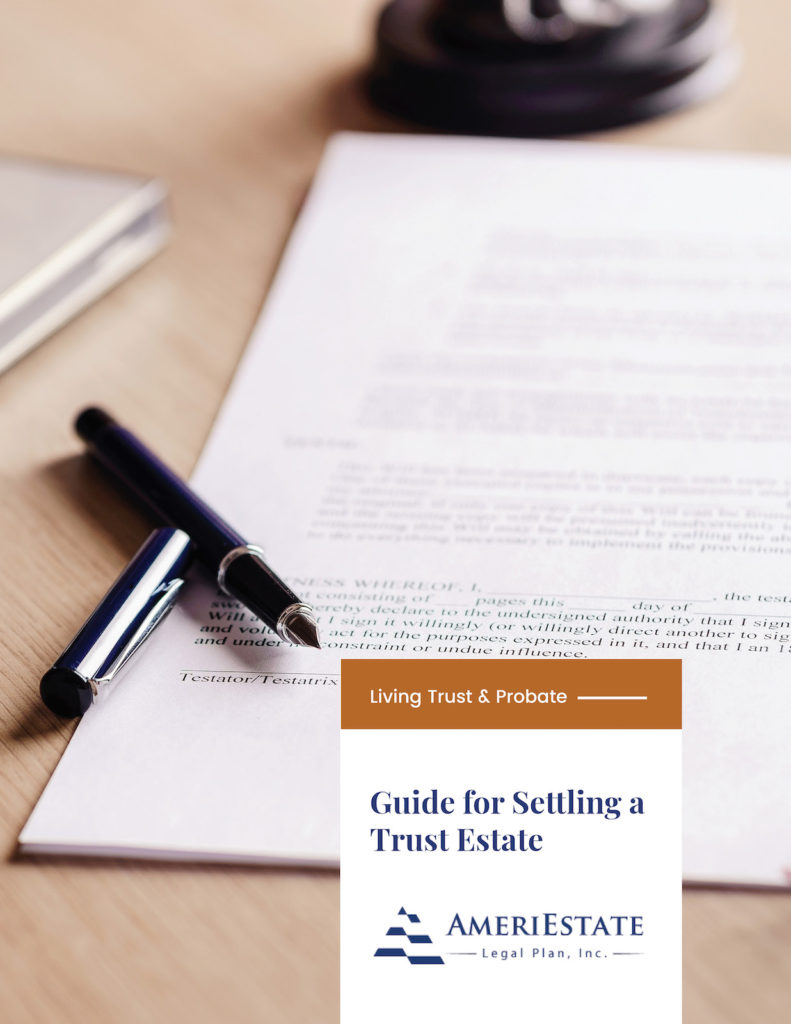The good news is that trust administration does not work very differently than probate. Of course, one of the reasons that you are likely going through estate planning is to help your heirs avoid probate, so this may not sound like a good thing at first.
However, trust administration and probate differ on one major point: the amount of time it takes to go through the process. One of the reasons why probate takes so long is that you must wait to go in front of a judge. Depending on your jurisdiction, you could be waiting months just to get a time slot in the docket. Then, you must go through the probate process, which is time-consuming itself. With a trust, your heirs can get down to business right away and they can go through the process as fast as their own limitations will allow, in most cases.
How long does trust administration take?
The estimated time period is expansive: generally it takes between two and six months for somebody to handle trust administration. Again, this depends heavily on what is in the trust and how easily the Trustee can liquidate those assets. It also depends on the amount of time and acumen that the trustee can dedicate to the process. Compare this to probate: probate is never finished in less than 6 months and it usually takes at least 18 months and up to 24.
Can I do this process myself?
It is highly likely that you will need professional council while going through this process. The process itself is not difficult, but it does require somebody sending a series of notices and adhering to specific processes. Particularly if you are the trustee, having legal guidance through trust administration is a must. This is because the trustee needs protection from liability, particularly if any beneficiaries have hired legal representation. An inexperienced trustee trying to deal with a beneficiary's experienced lawyer is sure to end badly for everybody.
If I am a trustee, how should I deal with beneficiaries?
The first thing is to keep as much information about the trust as you can to yourself. There are legal guidelines regarding who has the right to information about the trust, and it is better to be cautious about it. Accurate record-keeping is an absolute must, as it can help prevent legal challenges from beneficiaries in the future. Total transparency during trust administration is in the best interest of all involved.
A big part of being a trustee is adhering to administrative deadlines and timeframes. Again, if beneficiaries are expecting to have certain information by a certain date, adherence to that date is important. If you happen to find yourself in a dispute with a beneficiary, be polite and distant. If a beneficiary threatens you with legal action, seek legal council immediately. It is possible that an angry beneficiary may try to have the courts remove you from your role as trustee. Expert legal advice in this situation is a must.
Get the Guide for Settling a Trust E-Book here!
Contact us today at AmeriEstate to learn more about what you must do for trust administration.

